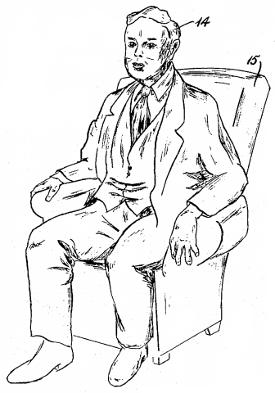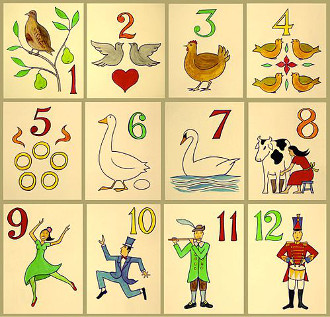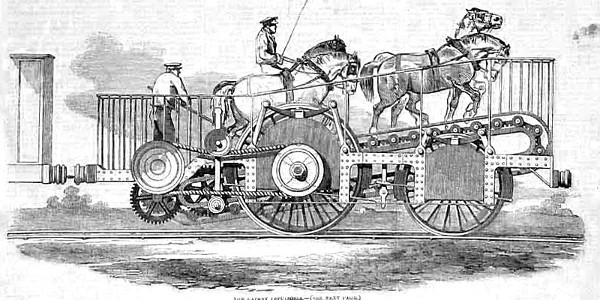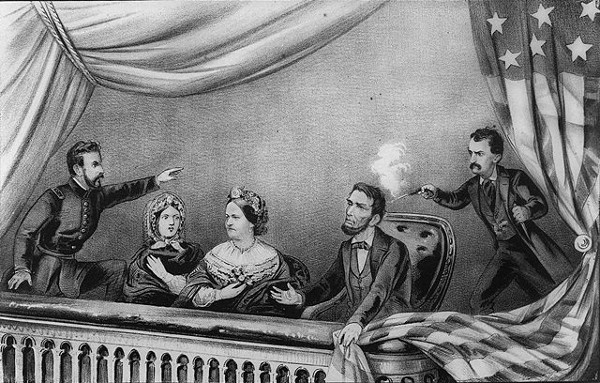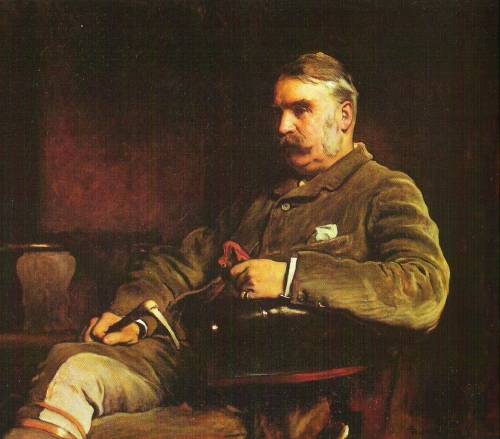Ian Fleming never describes James Bond’s physical appearance in any detail, so in December 1962, before the release of the first Bond film, Dr. No, Playboy art director Arthur Paul sent an inquiry to his office. He received this reply:
Dear Mr. Paul,
As Mr. Fleming is away from London I sent him your letter and here now is his description of James Bond:
Height: 6 ft 1 in.
Build: Slim hips, broad shoulders
Eyes: Steely blue-grey
Hair: Black, with comma over right forehead
Weight: 12 stone 8 lb.
Age: Middle thirtiesFeatures:
Determined chin, rather cruel mouth.
Scar down right cheek from cheekbone.
CleanshavenApparel:
Wears two-button single-breasted suit in dark blue tropical worsted. Black leather belt.
White Sea Island cotton shirt, sleeveless.
Black casual shoes, square toed
Thin black knitted silk tie, no pin
Dark blue socks, cotton lisle.
No handkerchief in breast pocket
Wear Rolex Oyster Perpetual watchI hope this information is sufficient for your purpose.
Yours sincerely,
[unsigned]
Secretary to Ian Fleming
From Henry Chancellor, James Bond: The Man and His World, 2005.

